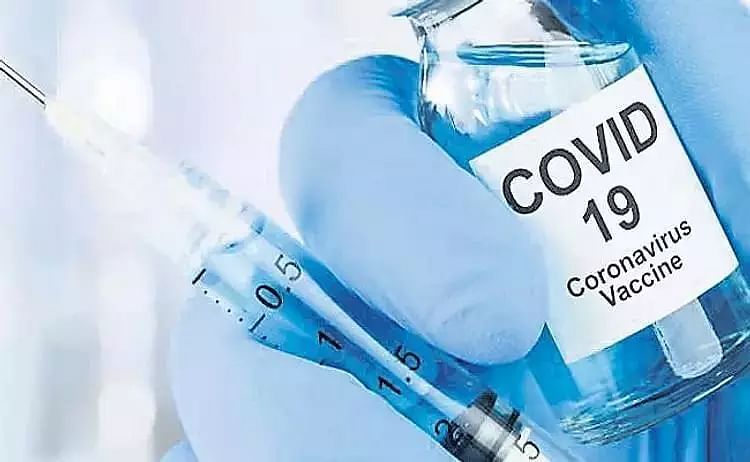The Israeli Health Ministry is looking further into the matter, while Pfizer is denying any unexpected connection between the vaccine and heart inflammation.
With all the misinformation being spread about covid-19, as well as the censorship by the media, it has been difficult for Americans to seek out the truth about the virus and the vaccines.
Real stories of people suffering from negative reactions to the vaccines, or worse death, are strategically being hidden from the public.
However, not everyone adheres to the lies of the mainstream media.
A new report from Israel has found a possible link between the Pfizer vaccine and heart inflammation in people under 30, mostly men.
The Israeili Health Ministry is now looking further into the situation.
Meanwhile, Pfizer is denying any unforseen link between the vaccine and myocarditis.
Here’s the story from the Times of Israel:
Details from an unpublished Israeli Health Ministry report into the side effects of the Pfizer-BioNtech vaccine have raised concerns that there could be a link between the second shot and several dozen cases of myocarditis, an inflammation of the heart muscle, particularly in men under 30, Channel 12 reported Friday.
The concerns come from an intermediate report that was presented to ministry heads and to Pfizer in recent weeks, the TV report said. Excerpts from the leaked report stressed that investigators had not conclusively proved a link, but that they had significant concerns.
The report said that out of more than 5 million people vaccinated in Israel, there were 62 recorded cases of myocarditis in the days after the shot. It found that 56 of those cases came after the second shot and most of the affected were men under 30.
The report said that 60 of the patients were treated and released from hospital in good condition. Two of the patients, who were reportedly healthy until receiving the vaccination, including a 22-year-old woman and a 35-year-old man, died.
“The findings were presented to the Pfizer company who replied that they had not had similar reports in the rest of the world and would examine the data,” an excerpt from the report said, adding that the details had also been sent to the US FDA and CDC, who were also investigating.
Vials of the Pfizer/BioNTech coronavirus vaccine are seen in a cold room before being packaged for shipping, at a warehouse in the Paris suburbs, March 30, 2021. (Joel Saget/AFP)
The report was authored by senior ministry officials led by Prof. Dror Mevorach, head of one of the COVID-19 units at Hadassah Hospital Ein Kerem.The authors surmised that “one possible reason for lack of similar findings in other countries was the low rate of vaccinations among young people.”
“There is specific concern regarding the frequency of the occurrence observed in men under 30 in the days immediately after the second shot,” they wrote. “At this stage, according to initial findings that still need to be verified, there is an impression that the number (of cases) is higher than would be expected, especially for those under 30.”
The report found that of those who received the second dose, 1-in-100,000 had possible side effects of myocarditis; however, this number rose to 1-in-20,000 among those aged 16-30.
“We cannot yet tell if there are more cases than normal or if there are similar numbers annually and the proximity is just a coincidence. Efforts to collect more data are continuing,” the report said.
“At the moment we believe that the vaccination plan should proceed as normal for those over 16. However, it should be noted that there is a possibility that we will see the same results in vaccinations of those aged 12-15,” it cautioned.
Israel is looking to press ahead with vaccinating those under 16 as soon as the shot is authorized.
On Thursday, the Jewish state passed the milestone of over 5 million people having received both vaccine shots.
According to the Health Ministry, 5,005,418 second doses have now been given, accounting for nearly 54% of the total population and more than 80% of the eligible population over the age of 16. Just under 58% — 5,374,276 — of all Israelis have had at least one shot.



